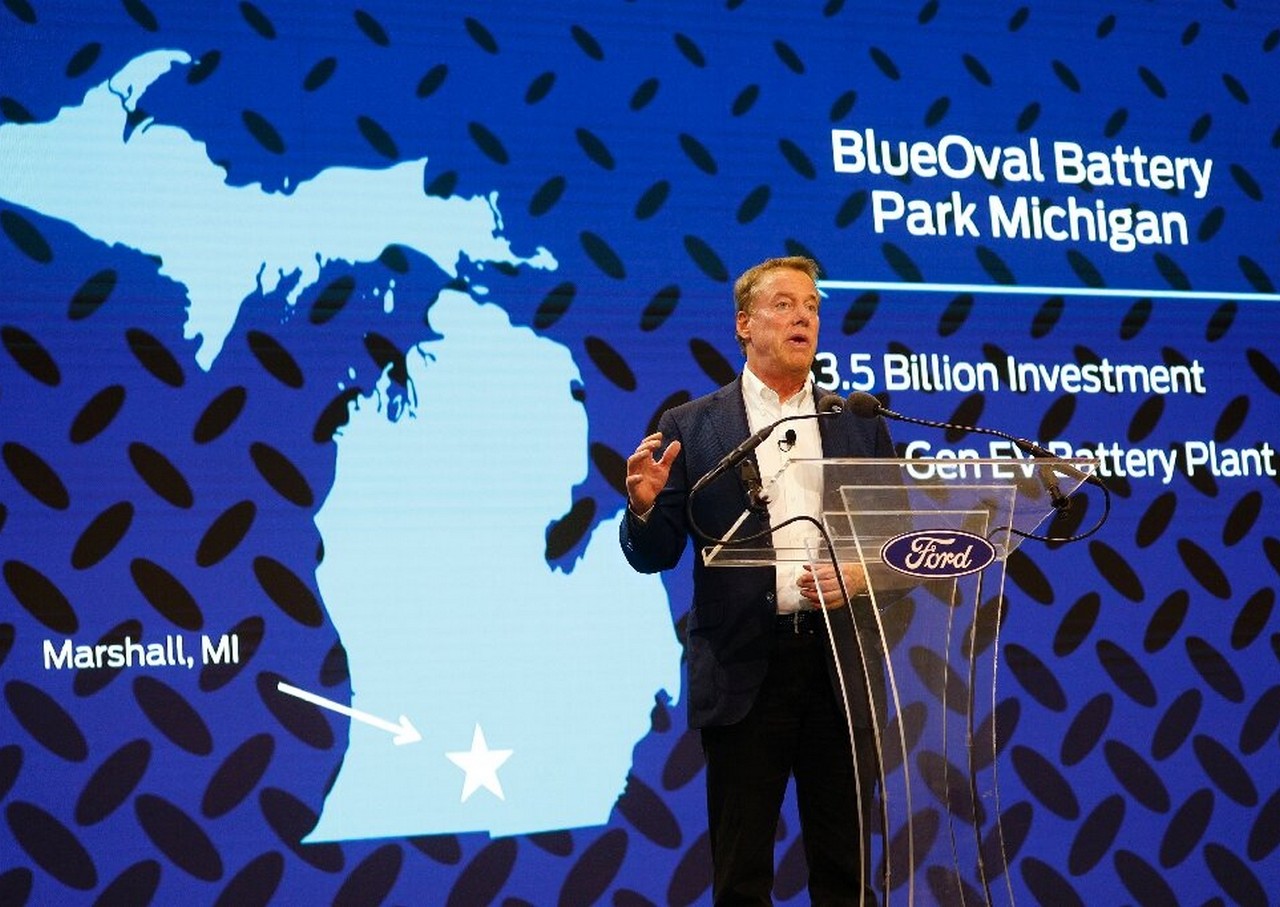In case you ever really feel like web sites have turned the straightforward enterprise of rejecting monitoring cookies right into a labyrinthine process that entails close-reading of a number of dialog containers, then France’s information safety company has your again. The watchdog (CNIL) has fined Google €150 million ($170 million) and Fb €60 million ($68 million) for making it too complicated for customers to reject cookies. The businesses now have three months to vary their methods in France.
With Fb, CNIL notes that so as to refuse cookies, French customers first must click on on a button labelled “Settle for cookies” (emphasis ours). Such labelling “essentially generates confusion,” says CNIL, main customers to imagine they don’t have any alternative within the matter.
With Google, the issue is one in every of asymmetry reasonably than mislabeling. CNIL notes that the corporate’s web sites (together with YouTube) enable customers to simply accept all cookies with a single click on. However, to reject them, they must click on by way of a number of totally different menu gadgets. Clearly, customers are being steered in a selected path that simply so occurs to learn Google. (I’m nicely conscious that The Verge doesn’t provide a single-click “reject all” cookie button both.)
Google and Fb are utilizing darkish patterns to push cookies on customers
EU regulation states that when residents hand over information on-line, they have to achieve this freely and with a full understanding of the selection they’re making. CNIL’s judgement is that Google and Fb are basically tricking their customers, deploying what are often known as “darkish patterns” — a method of subtly coercive consumer interface design — to wangle consent and so breaking the regulation. Therefore the fines and the demand that the businesses change their cookie UI design inside three months. Failure to take action dangers extra fines of €100,000 per day, says CNIL.
For anybody significantly within the particulars of European web regulation (you poor fools), the case can be fascinating in that CNIL is appearing underneath the authority of a little bit of EU laws often known as the ePrivacy Directive, reasonably than the extra recently-introduced Basic Knowledge Safety Regulation (GDPR).
Over at TechCrunch, Natasha Lomas provides a fantastic clarification as to why that is, which I’ll do my greatest to condense. The issue is that GDPR enforcement is funneled by way of the information watchdog of Eire, the place many US tech corporations find their European headquarters. That specific company has proved itself to be a bit of gradual in operating down such complaints, which — solely a cynic would possibly recommend — is a component and parcel of the pleasant regulatory surroundings cultivated by the Irish state to draw US tech cash within the first place.
So, so as to get some well timed enforcement (or any enforcement) France’s information watchdog has turned to the older ePrivacy Directive, which permits nationwide companies direct oversight in their very own territories. It’s an efficient workaround, and CNIL has beforehand used ePrivacy to effective Google and Amazon on comparable points. In the meantime, as Lomas factors out, Google has but to face a single regulatory sanction from Eire’s information watchdog underneath GDPR.
What’s the upshot of all this? Effectively, when you reside in France, it’s possible you’ll get a barely simpler choice to reject cookies from Google and Fb someday sooner or later. Which is good, positive, however hardly the type of decisive motion that — when you agree with the acknowledged want of EU’s fractured, multi-headed information regulation — is meant to redress the imbalance of energy between tech corporations and common shoppers. However that’s simply the best way the cookies crumble.







